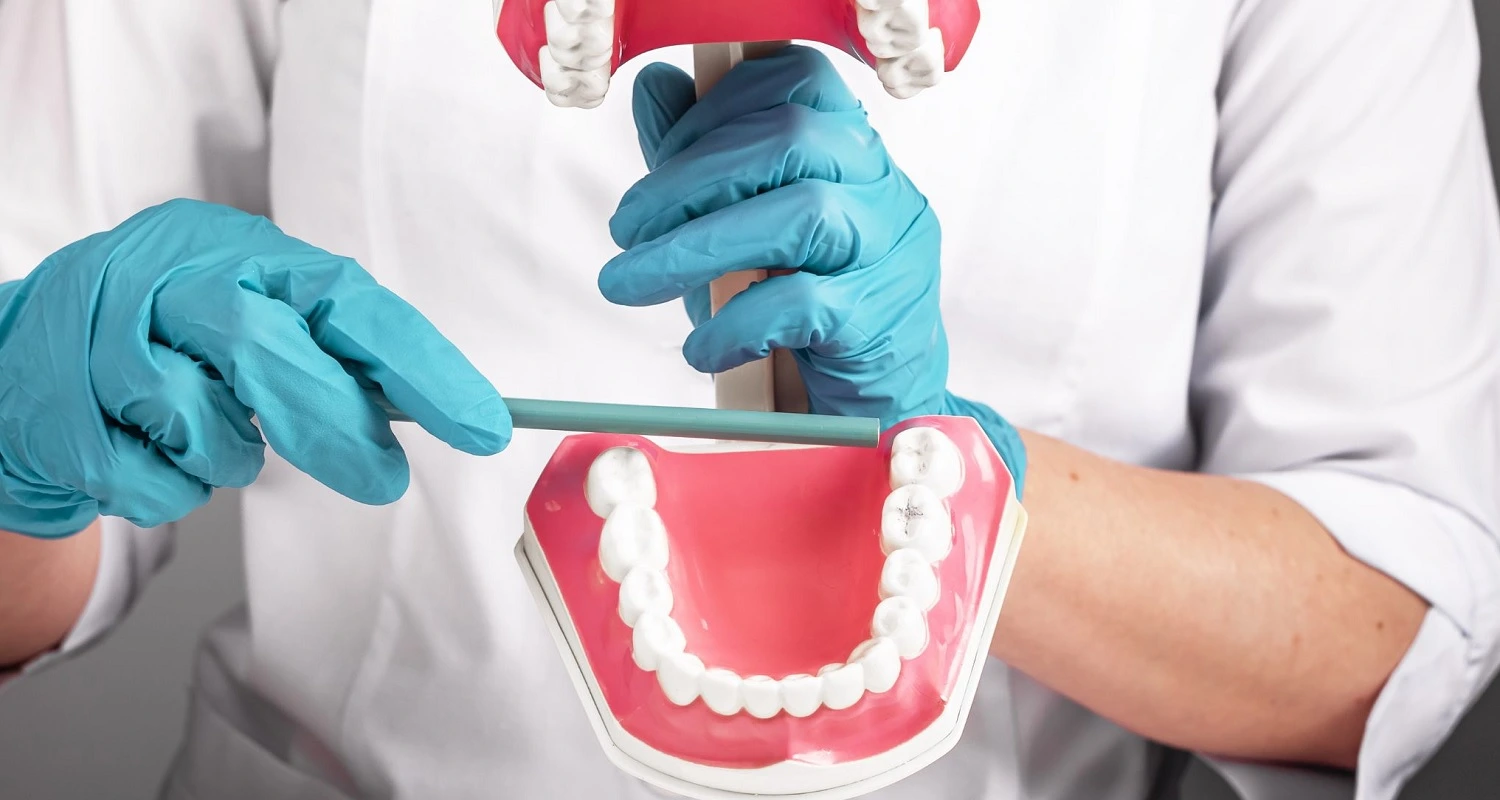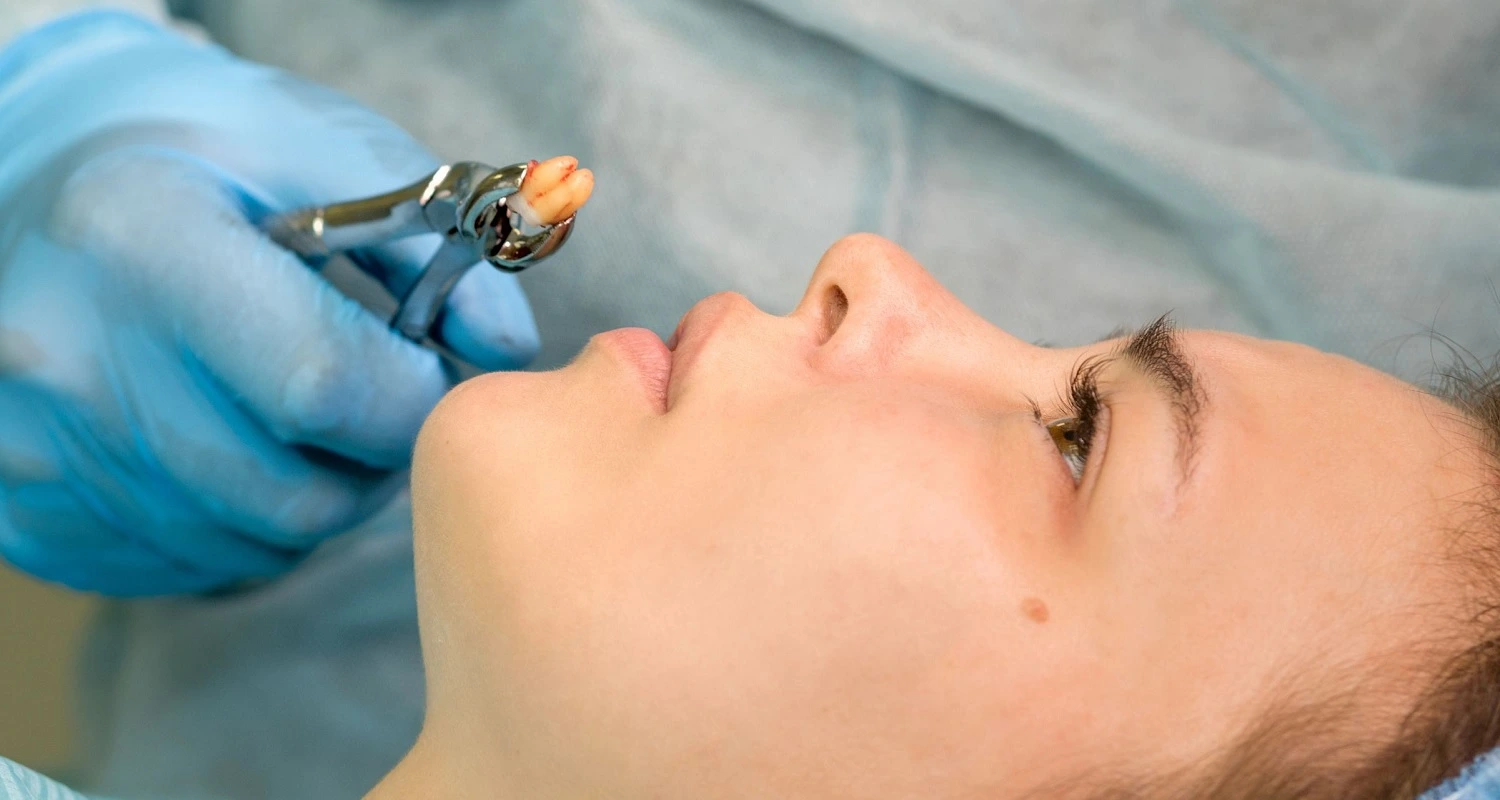Last Updated on: 19th December 2025, 06:45 am
How Long is Wisdom Teeth Removal Take?: Duration and Recovery
When faced with the prospect of a tooth extraction, particularly wisdom teeth, it is natural that questions arise about the pain and duration of the procedure. These concerns are valid, and the answer varies depending upon multiple individual factors: the number of teeth to be extracted, the complexity of the case and, of course, the age of the patient. Generally speaking, a tooth extraction procedure can range from 40 minutes to 2 and a half hours, including the immediate post-operative recovery phase in the dental clinic.
What are Wisdom Teeth?
Wisdom teeth, also known as third molars, are the last teeth to erupt, usually emerging between the ages of 16 and 26. Unlike other teeth, they can erupt partially or completely, although they are often retained under the gum, which can lead to inflammation and pain. Interestingly, there are lucky people for whom these teeth do not cause discomfort at all.
Reasons for Wisdom Teeth Removal
The decision to remove wisdom teeth is usually based on pain, infection, or the recommendation of the treating orthodontist. Most patients seek advice for pain or inflammation, frequently caused by improper alignment of these molars. The extraction is evaluated and determined by the dentist, but it is performed by an oral surgeon. Among the most common symptoms are red or swollen gums, pain when opening the mouth, and a bad taste in the mouth.
Common Symptoms Before Extraction
Identifying symptoms early can prevent future complications. The most common include swollen gums, pain near the affected area, difficulty opening the mouth, and an unpleasant taste that may be indicative of infection. These symptoms are warning signs to consult with a professional.
 Valuation Process for Extraction
Valuation Process for Extraction
The oral surgeon, supported by X-rays, is in charge of evaluating each case individually and deciding the best way to proceed. This diagnostic process is usually quick, sometimes taking only one consultation to determine the course of action. Modern diagnostic tools such as panoramic X-rays and CBCT scans provide a detailed picture that is crucial for a proper treatment plan.
Modern dentistry benefits greatly from technological advances in the field of dental radiology. Dental radiographs play a critical role in the diagnosis and treatment of a wide variety of oral and maxillofacial problems. Check out our post to learn more about panoramic and dental x-rays.
Preparation for Extraction
Before extraction, it is crucial to follow the surgeon’s instructions to ensure the success of the procedure. These may include fasting if general anesthesia will be used, and abstaining from smoking to improve healing.
You will likely spend some time discussing the procedure with your dentist or oral surgeon before the extraction, and you will need to reserve time for recovery at home.
It is also important to arrange transportation and companionship after surgery, as motor skills and judgment may be temporarily impaired by anesthesia.
Anesthesia Techniques
Anesthesia is an essential part of the extraction procedure. The types used are local, which numbs only the affected area; conscious sedation, which relaxes the patient but allows him to remain awake; and general anesthesia, which is used in more complicated cases or when multiple wisdom teeth are removed at the same time, leaving the patient completely unconscious.
The type of anesthesia will affect the time. Local anesthesia, which numbs the area around the tooth, may result in a faster procedure. On the other hand, if you opt for general anesthesia, which makes you sleep during the extraction, the procedure may take longer due to the additional preparation and monitoring required.
 Extraction Procedure
Extraction Procedure
During extraction, the oral surgeon makes an incision in the gum to access the wisdom tooth. In some cases, the surrounding bone must be removed or the tooth sectioned to facilitate extraction. Although this process may sound alarming, it is carried out with great care and precision, minimizing the risk of complications and ensuring a fast recovery.
Extraction complexity: The complexity of the extraction influences the duration. If the wisdom teeth have fully erupted and are easily accessible, the procedure can be relatively quick. However, if they are impacted (meaning they have not completely broken through the gum line) or are positioned in a way that makes removal difficult, it may take longer.
Complications: Sometimes unexpected complications can arise during extraction, such as a tooth breaking during extraction or excessive bleeding. Addressing these issues can prolong the length of the procedure.
Immediate Post-operative Period
Postoperative pain management is a priority. Patients receive specific instructions on how to care for the extraction site and may be prescribed medications for pain and inflammation. It is essential to follow these instructions to avoid complications such as a dry socket, a painful condition that can occur if the blood clot that forms at the extraction site is displaced.
Recovery at Home
Once home, recovery focuses on care of the extraction area and pain management. Patients should avoid vigorous rinsing, using straws, and smoking, as these actions can affect the blood clot and delay healing. It is common to experience some swelling and bruising, but this should gradually subside after the first few days.
Duration of the Procedure
The duration of the extraction itself will vary significantly from patient to patient. Factors such as the position of the tooth, bone density and extraction technique influence surgical time. For example, a wisdom tooth that has fully erupted and has enough room to be removed may require only a few minutes, while an impacted tooth may take longer.
Number of wisdom teeth: The time needed for wisdom teeth removal depends upon how many teeth need to be removed. Most people have four wisdom teeth, but some may have fewer or none. Removing all four in one session usually takes longer than removing just one or two.
 Recovery Time
Recovery Time
Complete recovery may take a few days to a few weeks, depending on the number of teeth extracted and the complexity of the case. It is essential to have realistic expectations and understand that the body needs time to heal. During this period, the patient should avoid strenuous activities and follow a soft diet so as not to irritate the extraction area.
Post-Extraction FAQ
After extraction, patients often have numerous questions about postoperative care and recovery. It is important to address these questions with your oral surgeon or dentist to ensure a smooth recovery and to clarify any issues that may arise during the healing process.
Conclusion
Wisdom teeth removal is a common procedure that, with proper care and following the instructions of health professionals, can have a complication-free recovery process. It is essential to be informed about all aspects of the extraction to be prepared and manage expectations regarding the duration and recovery of the procedure.
Contact Us
If you have any questions about this or other topics, you can contact us at Channel Islands Family Dental as well as our page on Facebook. We look forward to your visit and we will make a timely diagnosis. Our dentists in Oxnard, Santa Paula, Ventura, Newbury Park, and Port Hueneme will be able to guide you toward the best treatment to take care of your health and give you back your best smile.
Frequently Asked Questions (FAQ)
Bibliography
1. American Dental Association. (2020). Wisdom Teeth. MouthHealthy. https://www.ada.org/sitecore/content/ADA-Organization/ADA/MouthHealthy/home/all-topics-a-z/wisdom-teeth?sc_lang=en
2. American Association of Oral and Maxillofacial Surgeons. (n.d.). Wisdom Teeth Management.
3. Cleveland Clinic. (May 22, 2022). Wisdom Teeth Removal. https://my.clevelandclinic.org/health/treatments/22119-wisdom-teeth-removal
4. Mayo Clinic. (Jan 31, 2018). Wisdom tooth extraction. https://www.mayoclinic.org/tests-procedures/wisdom-tooth-extraction/about/pac-20395268
5. Richards, D. (2020, 16 de marzo). Third molars: Factors associated with surgical difficulty. National Elf Service. https://www.nationalelfservice.net/dentistry/oral-and-maxillofacial-surgery/third-molars-factors-associated-surgical-difficulty/
6. Hernandez A., et. al (Mar 11, 2023). Conscious sedation for surgical procedures. Medline Plus. https://medlineplus.gov/ency/article/007409.htm














